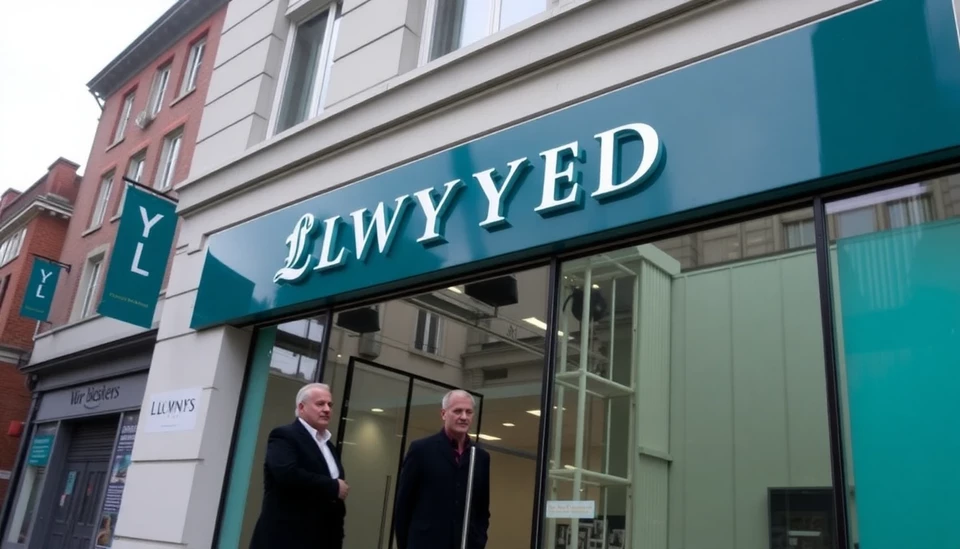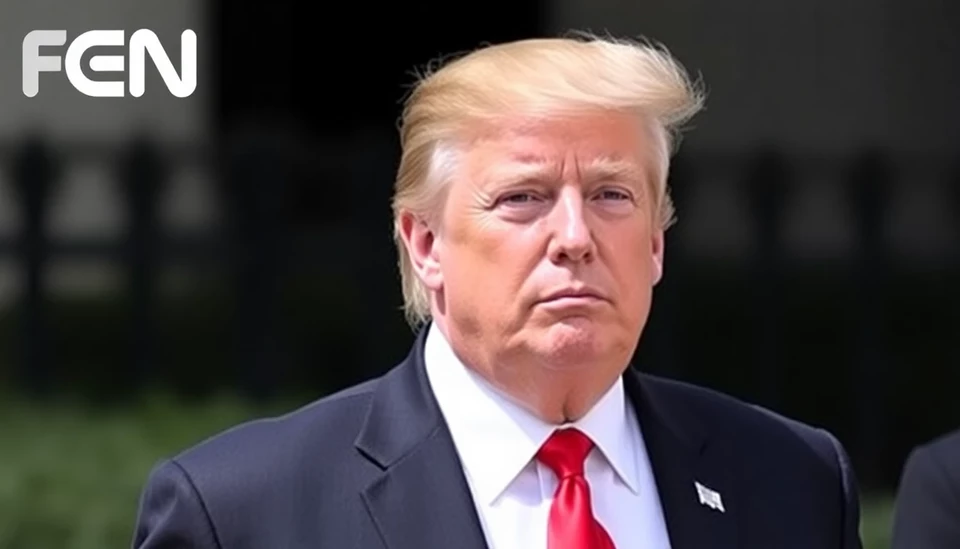
In a significant legal development, a federal judge has mandated that a trio of overseas firms will collectively pay an astonishing sum of $451.6 million as a penalty in a case involving fraudulent stock options. This ruling underscores the serious legal repercussions companies face for engaging in deceptive practices in the U.S. financial markets.
The case revolves around allegations that these companies manipulated stock option pricing, misleading investors and regulators. The judge's decision serves as a strong warning to other international firms regarding the integrity of trading practices, particularly in the U.S. market, which is known for its stringent regulations.
Details surrounding the fraudulent activities indicate that the firms engaged in issuing “backdated” stock options. This practice involves altering the date of an option grant to benefit the firm’s executives by providing them with options at more favorable prices. As the market value of the stocks increased, the executives were able to exercise options at a lower price than the current market value, thereby profiting unjustly at the expense of shareholders.
Investigators uncovered these deceptive practices following a thorough examination of the companies’ financial statements and transaction records. The investigation revealed a systematic effort to conceal the true nature of option grants from regulators and investors alike.
As part of the legal proceedings, the companies were held accountable not only for the financial damages but also for the broader implications of their actions on market integrity. The ruling was praised by legal experts and regulators who emphasize the importance of accountability in the financial sector.
The fallout from this case may prompt other companies to reevaluate their compensation practices and disclosures to ensure compliance with U.S. laws. This situation highlights ongoing concerns about corporate governance and the ethical dimensions of executive compensation in publicly traded companies.
As the case continues to attract media attention, it is likely to spark further discussions on the need for regulatory frameworks to better monitor and prevent such fraudulent activities. Investors, for their part, are urged to conduct thorough due diligence and remain vigilant about the companies in which they choose to invest.
The ruling not only emphasizes the consequences of corporate misconduct but also reassures the market participants that accountability measures are in place to safeguard investor interests.
As developments unfold, stakeholders across various sectors will be closely watching how these companies respond to the ruling and what changes they implement moving forward.
In conclusion, the substantial penalty imposed in this case serves as a reminder of the serious repercussions of unethical business practices and the commitment of the U.S. legal system to uphold market integrity.
#Fraud #Finance #StockOptions #CorporateGovernance #InvestorProtection #LegalNews
Author: John Harris




